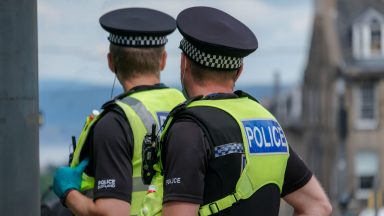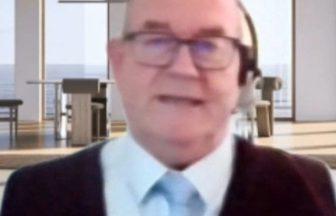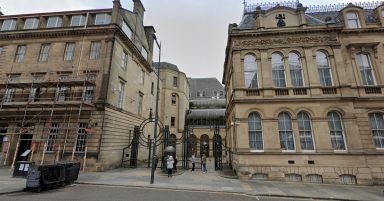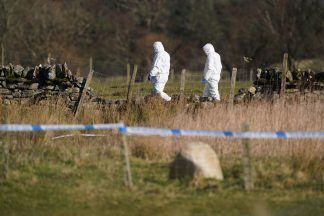A consultant psychiatrist has told a court how he believes a man accused of murdering his two-year-old son carried out a “narcissistic and entitled” act.
Dr Alexander Quinn, 46, told jurors on Tuesday how he spoke to Lukasz Czapla, 41, after he took his toddler son Julius’s life in November 2020.
The High Court in Edinburgh heard how Dr Quinn was tasked with assessing Czapla’s mental health at the time Julius died at a house in Muirhouse, Edinburgh.
Czapla is currently standing trial on a charge of murder.
His lawyers have lodged a special defence which states Czapla should be acquitted of murder because he had ‘diminished responsibility’ at the time of Julius’s death.
They believe Czapla should be convicted of the lesser charge of culpable homicide.
Dr Quinn told prosecutor Alan Cameron that people with poor mental health sometimes kill others out of a sense of altruism.
But the psychiatrist said that in his assessment, the circumstances surrounding Julius’s death does not match such a scenario.
Dr Quinn said: “The description does not have the sense of an altruistic act of killing in a depressive episode. It is a somewhat narcissistic and entitled act.”
Dr Quinn, who is based at the Royal Edinburgh Hospital, was giving evidence on the fourth day of proceedings against Czapla, of Muirhouse, Edinburgh.
The medic told Mr Cameron that he spoke with Czapla after he was taken into custody following the death of Julius.
Dr Quinn said that during the interviews he conducted with Czapla, the accused made references to the relationship he had with Julius’s mother Patrycja Szczesniak.
The court has heard that Mr Czapla had split from Ms Szczesniak months before Julius’s death.
Jurors heard that the accused told Dr Quinn during the interviews that he believed Ms Szczesniak was “controlling” and “manipulative” and that her son was better off dead than to live with her.
The court also heard that Czapla spoke to Dr Quinn about negative childhood experiences.
When Mr Cameron asked Dr Quinn to explain why he believed Czapla’s actions were “narcissistic”, the psychiatrist spoke of text messages which the accused had sent to people.
He said: “When describing something as narcissistic – that was my meaning, the text messages seemed to return back to his own experiences.”
Dr Quinn also said that he believed Czapla was of good enough health to stand trial.
He added: “I had no concerns that Mr Czapla was not fit to plead. I felt as if he was perfectly able to participate in the trial. He was able to take instruction from his solicitor and he would be able to follow what was said in the trial.”
Czapla is accused of murdering his son on November 20 or 21 in 2020 by assaulting him and repeatedly striking him on the body with a skewer, repeatedly discharging an air pistol at him and repeatedly shooting him in the head and placing a pillow on his face and asphyxiating the child.
The former IT technician at Fife College in Dunfermline offered a guilty plea to the lesser charge of culpable homicide, but that was rejected by the Crown.
The jury heard in agreed evidence that on the evening of November 20 or in the morning of the following day that Czapla killed his son at his flat in Edinburgh.
His lawyers have also lodged a special defence which says that at the time Julius died, he was of “diminished responsibility”
The special defence states that Czapla’s diminished responsibility was such that “he is entitled to be convicted of culpable homicide instead of murder.”
The trial before Lord Beckett continues.
Follow STV News on WhatsApp
Scan the QR code on your mobile device for all the latest news from around the country


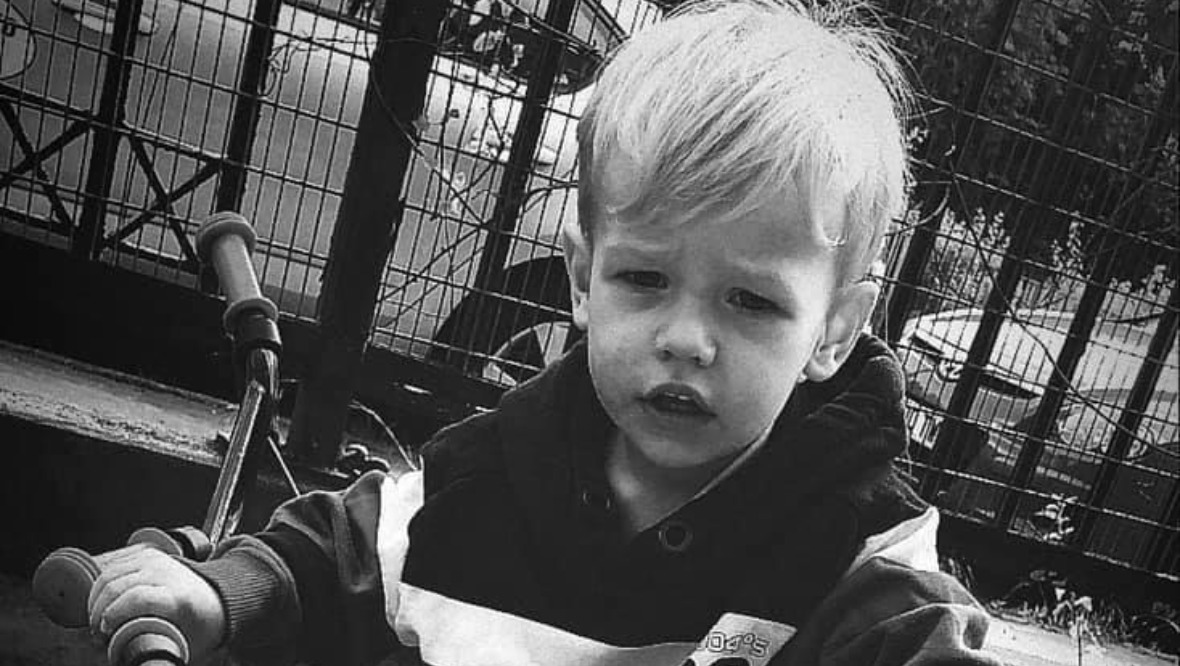 Police Scotland
Police Scotland















